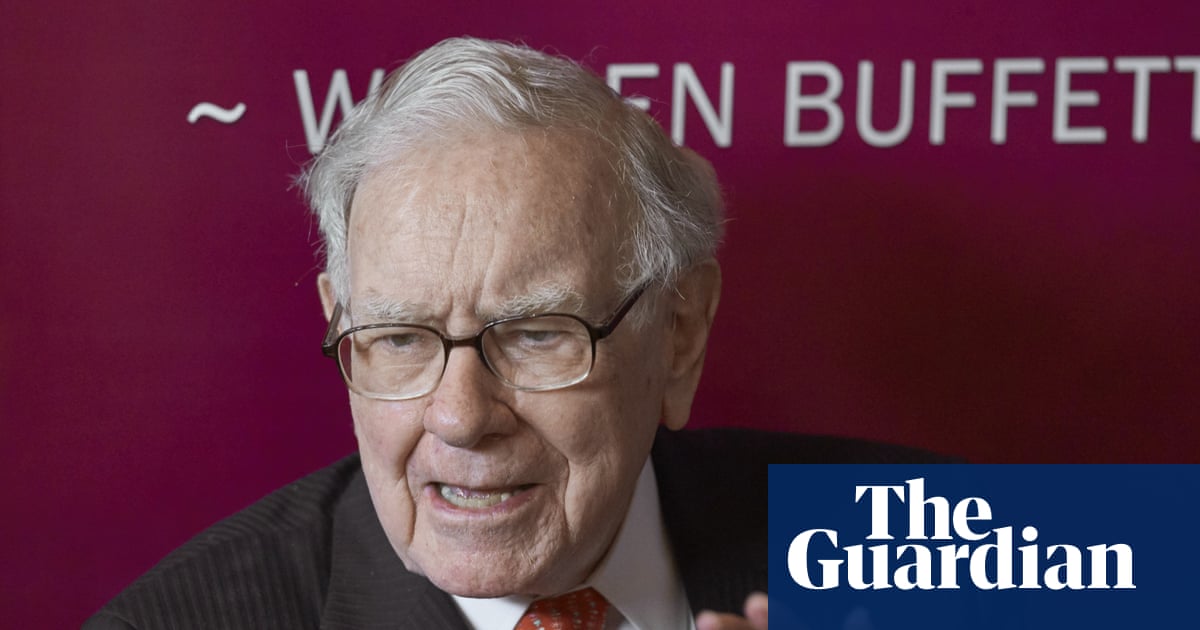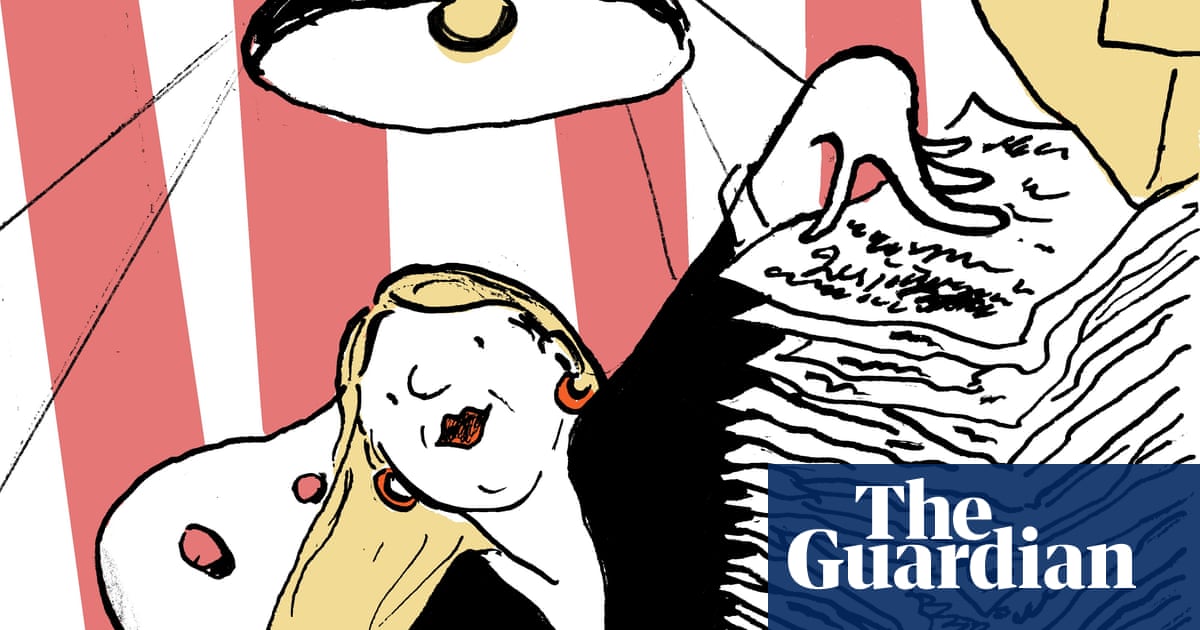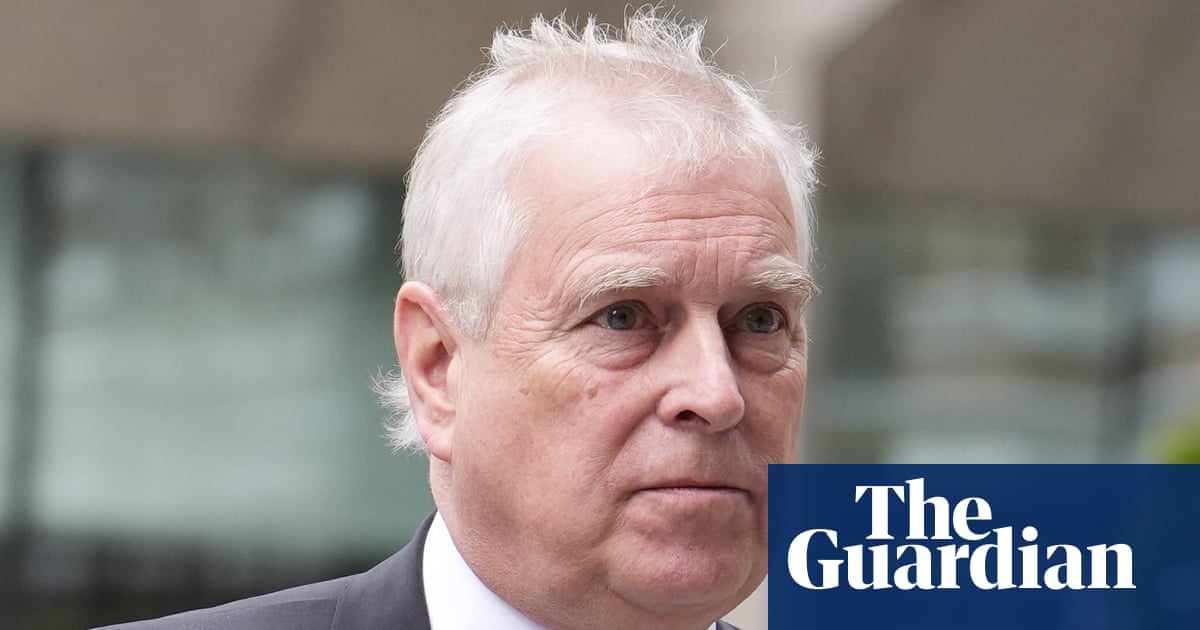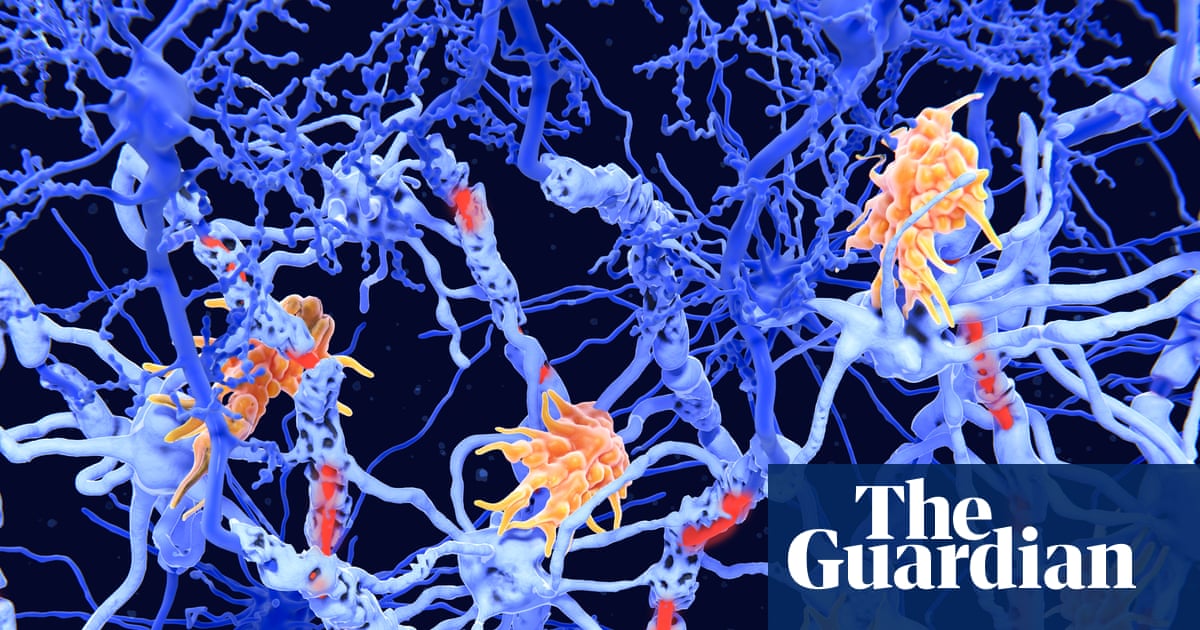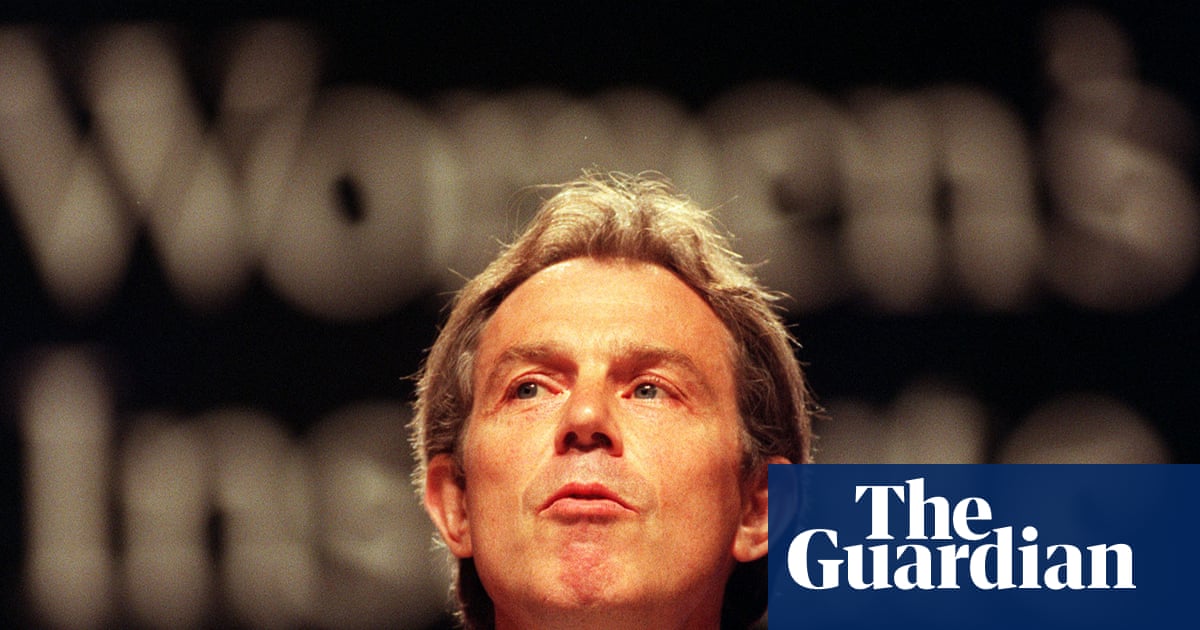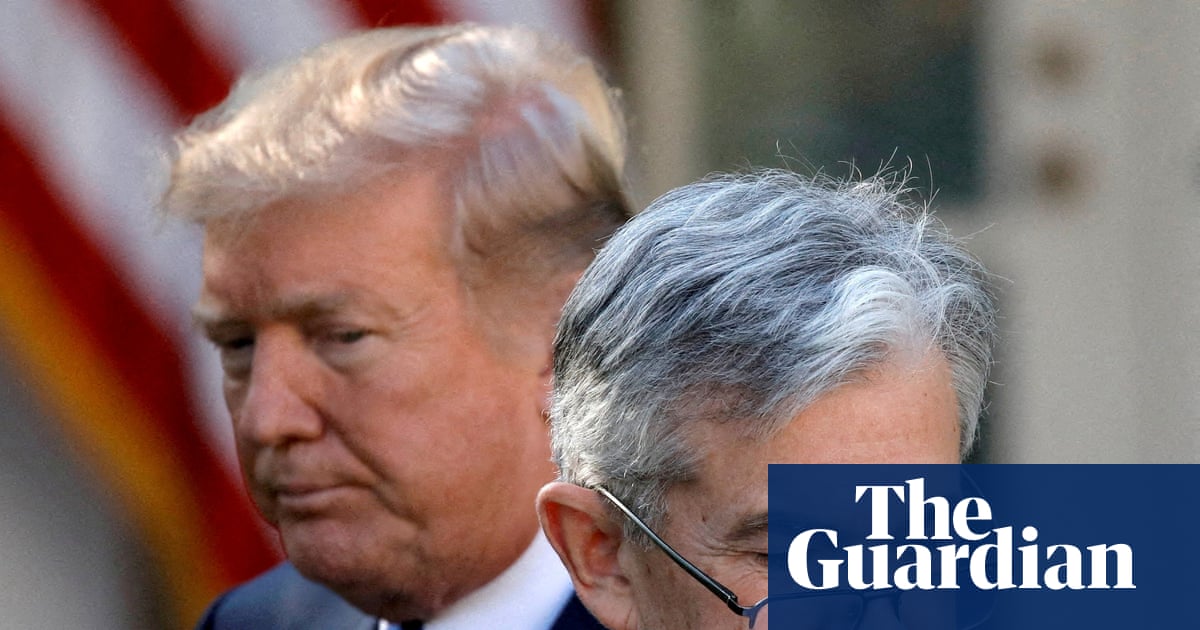In the week leading up to the AFL grand final, official footy media has been united in polite admiration. Geelong may not be the finalist that most excites the narrative, but there is mutually agreed praise for the fact that they are here again, contending again, another year defying the AFL cycle driven by salary caps and draft picks that sifts teams down to the bottom half of the competition after a season or five near the top. Deeper into the crevices of the internet, politeness fades, with diehards of other footy allegiance more likely to say that they are sick of the bloody Cats who should piss off and give someone else a turn.
On pure statistics, this is fair. As a fully disclosed Geelong person claiming no objectivity while anxious for another win, I might be accused of gluttony at the buffet. In truth, though, in 2025 I want this one bad. It doesn’t feel like one more inevitable year in an era of unbridled success. Let me explain before you put a foot through your screen. The numbers are admittedly awesome in the last 22 seasons: 19 finals series, 14 prelims, seven grand finals, four premierships and hunting a fifth. Rich pickings, especially to supporters of teams that have finished most of those seasons outside the top eight.
And my counter is not to ask sympathy that Geelong supporters preceded all this with their own era of longing: 44 dry years after the premiership of 1963, a wait sharpened by the sting of the infamous four lost grand finals from 1989 to 1995. The argument is that when the drought ended, the burst of three flags in five years from 2007 to 2011 was very much within the normal frame of achievement for a team that makes the most of its few years of ascendancy. Brisbane had won three times shortly before Geelong, Hawthorn did the same soon afterwards, then Richmond won three out of four. Half of the last 24 premierships were shared by those four teams that each reaped a bounty at their respective harvest time.
So that period was one version of Geelong, while the subsequent version did not charge along the same way. The 2013 prelim against Hawthorn was the exception: a big chance of a Cats premiership faded with Travis Varcoe’s shot under pressure with 30 seconds to go. Otherwise, though, Geelong were a team that looked great through the season and then had something go awry. In 2012 they managed to get knocked out by Fremantle in Melbourne, and 2014 went out in straight sets from the top four. They got belted in prelims by Sydney in 2016, Adelaide in 2017, and Richmond in 2019 after finishing first or second, while Melbourne blasted them out from eighth spot in 2018.
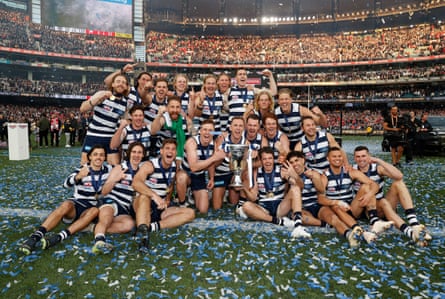
Finals losses were at the point of becoming a hoodoo, and Chris Scott especially must have felt that way at times. As a first-year coach of a team so experienced that it ran itself, he wouldn’t have felt much ownership of the 2011 premiership. Then over the years that the team became his, its late-stage wobbles became chronic. So while 2020 was a weird season, with shortened matches and a decider at the Gabba, reaching that grand final would have been a huge relief. Taking the step beyond that in 2022, belting Sydney in a definitive win, was far more so. That premiership should have had its bookend in 2024, only to drop the prelim to Brisbane in the dying minutes, then see Sydney melt down in the decider just as they had two years earlier.
after newsletter promotion
None of this is a complaint. It has been the ride of a sporting lifetime following each iteration of this team, watching the early greats give way, watching another generation become the oldest ever premiers, watching the squad regenerate on the run, watching a new season’s Cats keep rising back up when all expertise said they should be headed down. Watching lists continue to be built on research and restoration, the best recruiters and development staff in the league polishing the gems that every other club kicked aside as rocks. The reality may be more complex, but it is a rare feeling supporting a sporting organisation that, as best as one can tell from the outside, seems to operate most of the time on decent values.
So the hunger is really about wanting a club that has been this good for this long to get its adequate reward. Making finals is better than missing out, but you don’t want to be making up the numbers. Until last Friday, coaching his second win in the past three weeks, Scott had lost more finals than he’d won. At the moment his ledger is 16 apiece, and it will take a flag on Saturday to move that into the positive. This is not a criticism of the coach, but an explanation of why Geelong people still have that gnawing in the stomach, and a moment of speculation that the boss may be among that number.
One premiership in the last 13 years could feel pretty good if your team had jagged one in a period of mostly being ordinary. But one premiership in 13 years when 11 of them were spent as contenders, that feels underweight. In the 22 years of modern Geelong success, the initial run of three cups is a long time ago, the work of a golden era whose members have now all departed. The fourth is the sole fruit of all the seasons since. If Brisbane turn things around and deny Geelong a fifth this Saturday, I guarantee it won’t feel anywhere near enough.

 3 months ago
49
3 months ago
49
